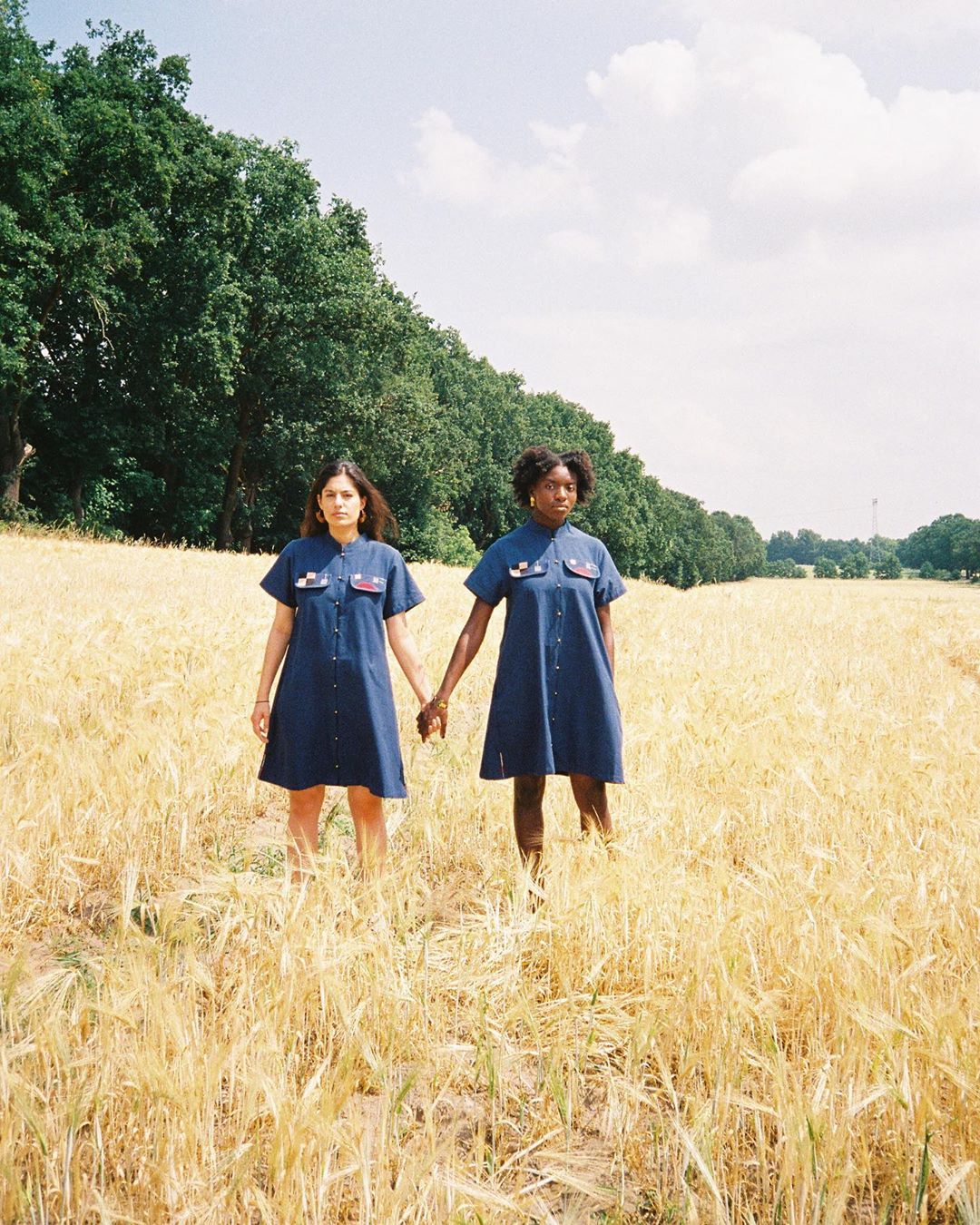
Transparency Tours
A Transparency Tour is a deep dive...
into the sustainable values, practices, and production of lifestyle brands across the globe. We decided to travel to meet the makers within the sustainability movement in order to hopefully find out how different regions define eco-friendly living. Lisa Jaspers, the founder of Folkdays, took us behind-the-scenes of her fair-fashion boutique that showcases hand-crafted goods made by artisans around the globe.
Folkdays is the future of world shops showing that you don’t have to sacrifice beauty or quality when it comes to hand-made products. The centering ethic is that you find “something that you want to have and you aren’t buying out of pity,” says Lisa.
Folkdays was founded in 2013, the same year as the Rana Plaza factory collapse in Bangladesh where the eight-story commercial building collapsed killing over 1,130 people. “This is where the first traction for ethical fashion came on the agenda of many people,” says Lisa. Stemming from a completely different sector, Lisa’s background as a development aid consultant allowed her to travel around the world, opening her eyes to the underlying social issues in the field she was working in. Their approach to charity depended on a giving and taking mentality – which didn’t resonate with her. During her travels, she met people who are rich in the talents and skills but come from impoverished regions. To Lisa, it would be patronizing to include them in anything she would consider charity.
Folkdays’ concept is to match artisans who have hard-skills and an entrepreneurial mindset with an audience who appreciates high-quality and hand-crafted goods.
With 40 partners in 20 countries, each piece is constructed in collaboration with Folkdays with love, patience, and durability. Lisa refers to this artisan design process as “strength-based design”.
“When we look for artisans we look for how good they are in the craft and how open they are to developing new designs with us. We are not just focusing on craft, meaning everything is hand-woven, hand-knitted, hand-embroidered but we also focus on finding natural materials that are indigenous to the regions that we work in,” says Lisa.
Folkdays’ focus on environmental impact is echoed in the fabrics they use. Locally-sourced wool from Bolivia and Peru, silk from India or Cambodia, and organic cotton from Cambodia illustrate Folkdays’ commitment to maintaining a low environmental footprint. By working with resources that are already there and finding the people who have worked with them over generations, they can prioritize greener business practices.
Collaboration between artisans and the landscapes they live in is also present in the overall ethos of Berlin itself. With such a small fair-fashion scene in Germany, collaboration overshadows competition as brands recognized that this isn’t a struggle against each other. “We have to find people from the mainstream and convert them and to do that every single player is relevant in pushing the topic,” says Lisa.
For Folkdays, the goal is to help an old-school sector move into a present that is more digital and interwoven. There is an urgency as the generations who love world shops age out. Instead of mourning the loss, Folkdays wants to be part of the solution. Younger generations are more conscious about how they consume but they don’t find fair-trade products that they like. Folkdays plans to fill that niche systemically. #Systempreneurs